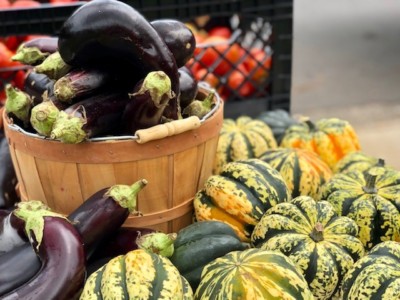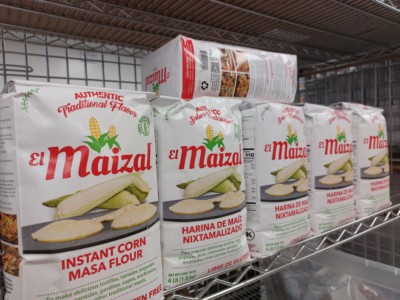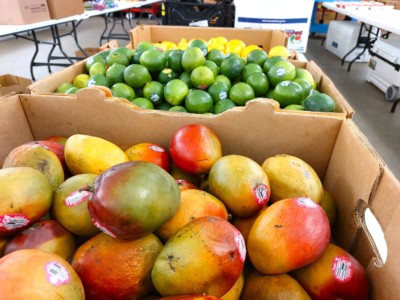


Promoting Culturally Familiar Foods in Central and Western Virginia
The Food Bank serves a diverse group of people across our 25 counties and eight cities. Many of the refugees and immigrants we welcome to our region have limited, or no access to federal public benefits and are more vulnerable to food insecurity. So, when prioritizing culturally familiar staples, we better meet their nutritional needs and reinforce that family’s dignity.
Culturally Familiar Foods (CFF) are food items familiar to, and support the health of, individuals and families of diverse ethnicities, religious affiliations, countries of origin, and linguistic backgrounds. Nutrient-rich, whole-ingredient foods that are minimally processed are prioritized for this category of food.
The Food Bank identified the need for culturally familiar foods several years ago. To meet this specific need, we began procuring CFF to respond to the needs of a non-Western diet. We have been monitoring the initiative to assess the popularity of this approach.
Locating our target audience
For our CFF pilot program, the Food Bank used census data to identify counties and cities where Hispanic/Latinx populations, foreign-born individuals, and individuals where the language spoken at home is not English reside.
Identifying foods for procurement
Using information from the USDA, nutritional needs identified by the Dietary Guidelines for Americans, 2020-2025, and feedback from our partners regarding food and services they wouldn’t be able to provide without our support, at this time, the Food Bank prioritizes the following foods for acquisition:
| Animal protein | Fresh produce* | Cooking oils and spices |
|---|---|---|
| Beef Canned anchovies Canned mackerel Canned pork Canned salmon Canned sardines Canned tuna Eggs (non-meat) Fish Halal meats Pork Shrimp Whole chicken |
Avocado Cabbage (green, napa) Chili peppers Eggplant Garlic Lemon Lime Onion (white, purple, green, yellow) Oranges Squash Potato varieties Tomato Yucca/cassava *All fresh produce items fall under this category. Items listed here were chosen in consideration of storage capacity limitations, including local availability and shelf life. |
Additional categories to prioritize include cooking oils and spices due to the high cost to purchase and necessity for scratch cooking, which is a preferred choice of cooking method for non-Western groups. |
Measuring our success
The success of this initiative will be evaluated in several ways:
- Variety of fresh produce available on partner network’s ordering system
- Evaluation surveys for partners, program stakeholders, and guests
- Documented nutrition education materials disseminated to guests that are appropriate and available in multiple languages
